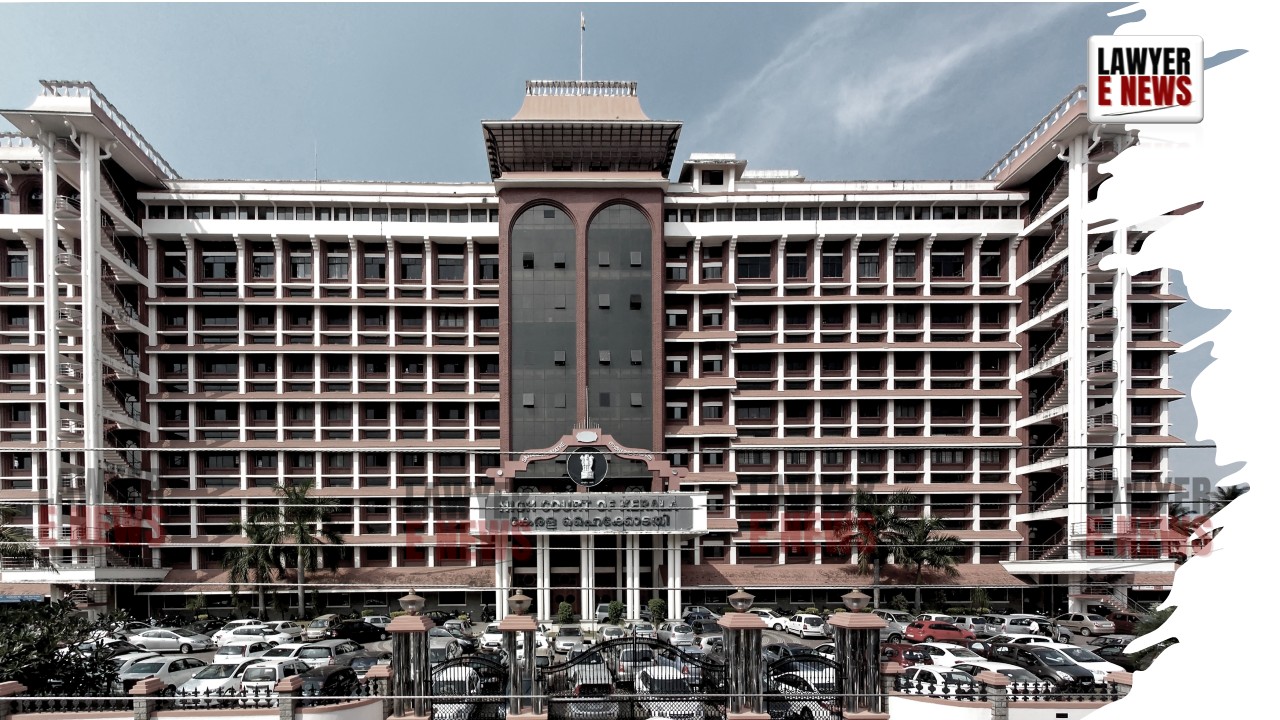-
by sayum
14 February 2026 2:22 PM



Kerala High Court, presided by Justice D. K. Singh, dismissed a petition challenging the invocation of a bank guarantee issued under the Recovery of Debts and Bankruptcy Act, 1993. The petitioner, T. Beena, sought to contest the Debts Recovery Tribunal (DRT) order that denied her intervention in proceedings concerning a bank guarantee allegedly funded by her late father’s margin money. The High Court reaffirmed the autonomy of bank guarantees, emphasizing that disputes about margin money or collateral do not impede the enforcement of valid guarantees.
The court reiterated that bank guarantees operate as independent and autonomous contracts. The petitioner’s claims regarding fraud or ownership of the margin money were deemed external to the bank's right to invoke the guarantee. Justice Singh observed:
"A bank guarantee is a separate agreement unaffected by disputes concerning the underlying transaction or collateral arrangements."
This aligns with precedents such as UP State Sugar Corporation v. Sumac International Ltd. (1997) and Himadri Chemicals Industries Ltd. v. Coal Tar Refining Co. (2007), which uphold the principle of the autonomy of bank guarantees.
The petitioner argued her right as a legal heir to challenge the invocation of the guarantee issued for the benefit of respondents 2 to 4 (the borrowers). However, the court found no merit in her claim, holding that:
"The petitioner has no standing to intervene in DRT proceedings involving borrowers and the bank, as her claims relate to a separate set of transactions."
The DRT had appropriately dismissed her objections, leaving her the liberty to pursue remedies through separate legal channels.
Addressing the petitioner’s assertion of fraud by the borrowers, the court noted that such claims did not impact the validity of the bank’s invocation of the guarantee. Justice Singh highlighted:
"Fraud, if alleged, must directly affect the execution or enforcement of the bank guarantee. Disputes regarding collateral arrangements or misuse of funds do not justify interference in the guarantee’s enforcement."
The High Court upheld the DRT’s dismissal of the petitioner’s claim, noting:
"The DRT acted within its jurisdiction in dismissing the petitioner’s objections, as they were unrelated to the bank’s recovery proceedings. No legal infirmity exists in the DRT’s order."
The petitioner retains the right to initiate separate proceedings against the borrowers to recover her father’s alleged dues.
The Kerala High Court dismissed the petition, reinforcing the autonomy of bank guarantees and the DRT's limited scope in recovery proceedings. The ruling underscores that legal heirs cannot obstruct guarantee enforcement based on claims extrinsic to the guarantee agreement.
Date of Decision: November 27, 2024
